| |  | | | Iran Has Entered a Point of No Return By Winfield Myers ● Jan 16, 2026 Smart Brevity® count: 9.5 mins...2472 words We continue our in-depth coverage of Iran. Vahid Beheshti writes that, as Iranians have nothing to lose, fear no longer works as a tool of control; history will remember who stood with them and who chose to look away. Amatzia Baram says the ruling elite appears unable to grasp the depth of anger among younger Iranians and that this moment marks the beginning of the regime's decline. Jonathan Spyer lists steps the U.S. can take to help bring down the regime in Tehran. In a second piece, he interviews a member of the Kurdistan Free Life Party in Iran, who argues the Iranian people will make whatever sacrifices are necessary to achieve a free and democratic society. Mardo Soghom provides an update on the slaughter and protests, warning that if the threat of U.S. action fades, Iranian authorities will revert to familiar tactics—staging sham trials and carrying out executions. Saeid Golkar says that a targeted U.S. strike would reveal what the protests have already demonstrated: the Islamic Republic is weak, isolated, and running out of options. We also feature the work of Michael Rubin, Lazar Berman, Dalga Khatinoglu, and Umud Shokri. | | Iran Has Entered a Point of No Return 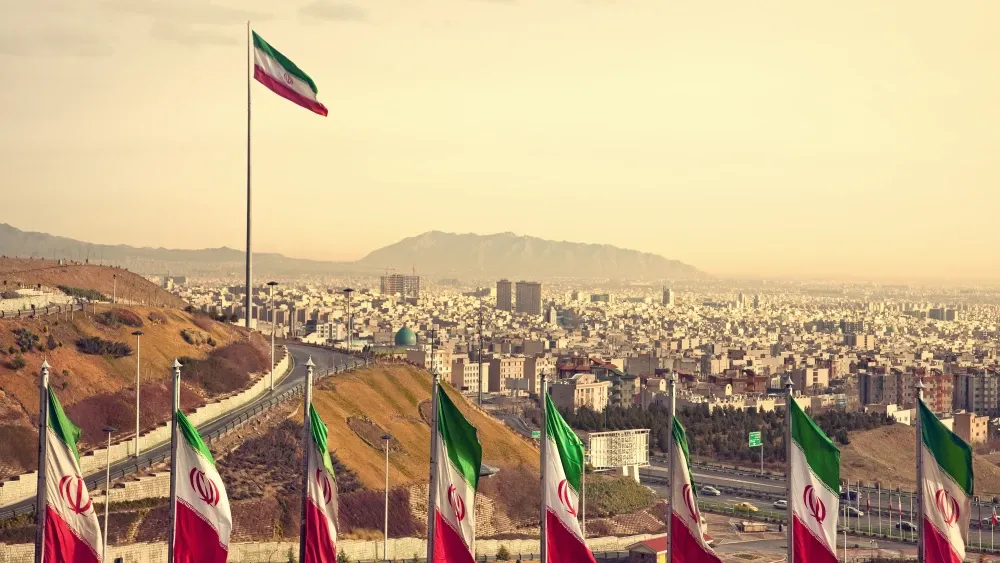 By: Vahid Beheshti When people have nothing to lose—as is true of Iranians today—the balance of power changes. Fear no longer works as a tool of control. Why it matters: The decentralized structure of the protest movement makes it difficult for the regime to suppress. By the numbers: Reports indicate a death toll between 12,000 and 20,000 due to the regime's violent crackdowns. What's next: Decisive international military support could shift the balance of power, protecting protesters and pressuring the regime. The world must focus on this struggle, as Iran's fight for freedom has implications for global peace and stability. To read the full article, click here. | | Iran's Protests Look Like the First Tremors of Regime Collapse 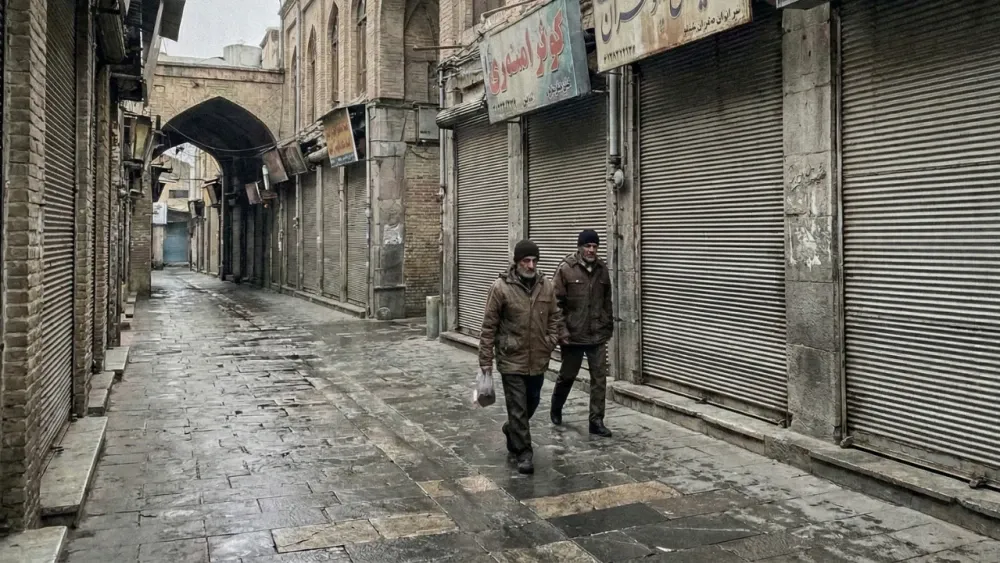 By: Amatzia Baram On December 28, 2025, shops in Tehran closed in protest against the sharp rise in the dollar and gold prices, highlighting Iran's economic turmoil. Why it matters: This protest, driven by economic despair, is part of a broader wave of discontent threatening the regime's stability. The big picture: Iran's economic crisis stems from systemic issues, including inflation over 52 percent and a multi-tier exchange system benefiting the elite. What's next: The convergence of merchants, students, and workers in protests across Iran signals a deepening crisis. The protests are shaking the regime's foundations and will soon force a stark choice: undertake meaningful change or risk eventual collapse. To read the full article, click here. | | ICYMI: The Forum Roundtable—Iran Protests Update: Maximum Pressure and Maximum Support 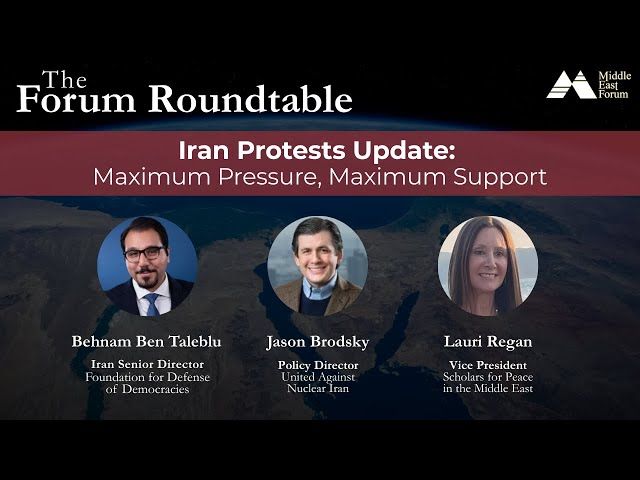 The current nationwide protests in Iran, now in their third week, differ markedly from previous cycles since 2017 because they encompass all 31 provinces, involve diverse demographics including ethnic minorities and various socioeconomic groups, explicitly demand regime change rather than reform, and draw strength from widespread hatred of the clerical-military elite as the root cause of economic collapse, repression, and daily hardship. Protesters demonstrate extraordinary resilience despite extreme violence, internet blackouts, and thousands of reported deaths, while fissures appear within the regime's security forces, including potential reluctance among some IRGC members to fully execute repressive orders. The United States holds decisive leverage to support the protesters by imposing crippling sanctions, launching targeted cyber and kinetic operations against the regime's repressive apparatus, amplifying direct messaging to the Iranian people, pursuing diplomatic isolation of the regime, and avoiding any actions that undermine the protesters' optimism, while Israel currently plays a supporting intelligence role and the regime's weakened proxy network limits its regional retaliation capacity. With an economy in free fall, water supplies dwindling, and basic human rights barely existent, Iran's citizens have finally had enough. To discuss the latest developments in Iran, the Forum Roundtable on Friday, January 16, 2026, featured Behnam Ben Taleblu, Iran Program Senior Director and Senior Fellow at the Foundation for Defense of Democracies, and Jason Brodsky, Policy Director at United Against a Nuclear Iran. To watch the full podcast, click here. | | How America Could Help Bring Down Iran's Islamist Regime 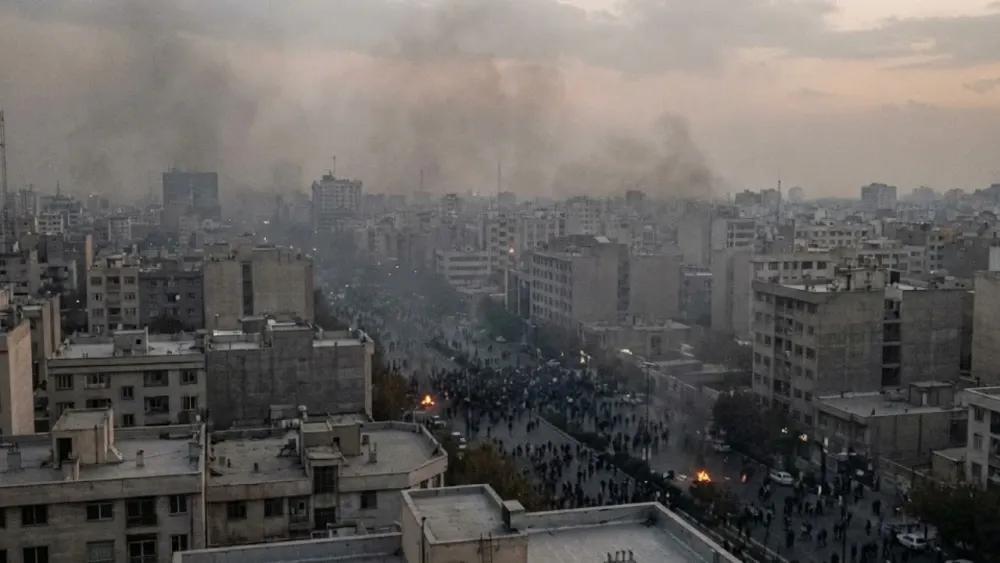 By: Jonathan Spyer The Iranian regime has imposed a near-total internet blackout to curb protests, while credible reports suggest thousands have been killed in the crackdown. Why it matters: This move isolates protesters and enables the regime to engage in widespread repression under the cover of darkness. The big picture: The regime has bolstered its forces with Iraqi Shia militiamen, showing no signs of internal defection among security forces. What's next: U.S. President Donald Trump's stance on potential intervention could tip the balance in favor of the protesters. -
Measures such as airstrikes, cyber attacks, and medical aid could weaken the regime and support the opposition. -
They could also provide communications capacity to the protestors to enable them to beat the regime's current efforts to isolate and silence them. If the goal is to end the Islamist regime in Iran (and it should be), these are measures which could be adopted by the US and its allies. Hopefully the preparation for such measures is already under way. To read the full article, click here. | | Iran's Islamic Republic Has Lost Legitimacy Across All Dimensions: Interview with an Iranian Kurdish Leader 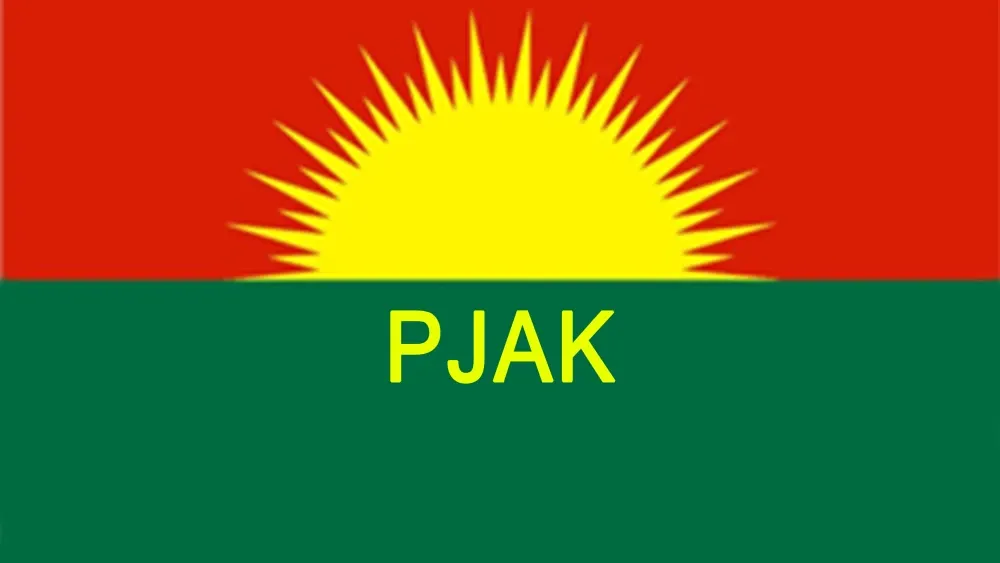 By: Jonathan Spyer The Kurdistan Free Life Party (PJAK) asserts that the Iranian regime has lost all legitimacy, as widespread dissatisfaction fuels the revolution. In order to better understand PJAK's aims and activities, Middle East Quarterly editor Jonathan Spyer interviewed Siamand Moeini, a member of PJAK's leadership council, on January 12, 2026. Why it matters: The regime's failure to address the Kurdish demand for autonomy and self-governance reflects a broader societal rejection. The Kurdish perspective: In Rojhelat, Kurds demand an end to centralized oppression, advocating for a democratic framework that respects ethnic diversity and autonomy. Global implications: Western powers, notably Israel, are urged to recognize and support the Kurdish plight as integral to achieving regional stability. The PJAK's stance highlights the profound legitimacy crisis facing Iran's rulers, as the Kurdish struggle exemplifies the broader demand for fundamental change and dignity. To read the full article, click here. | | Iran's Uprising Presses on Despite Curfew and Mass Repression 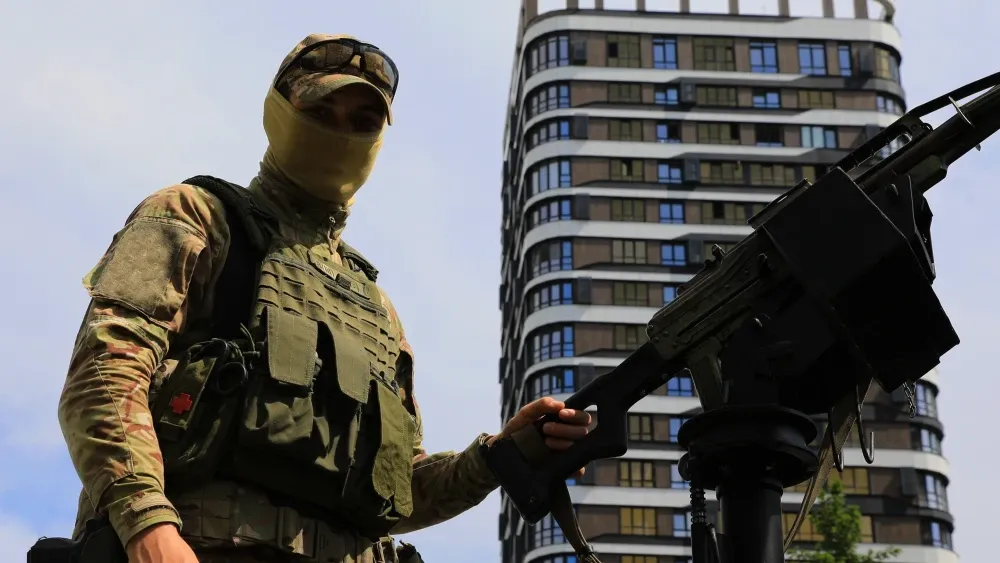 By: Mardo Soghom Since January 14, 2026, a sweeping curfew has engulfed Iran, with reports of mass killings by the authorities drawing global condemnation. Why it matters: The Iranian regime's brutal crackdown reveals its struggle to maintain control amidst unprecedented public outrage. Public sentiment: Anger and desperation intensify as families of slain protesters join the fight, with many calling the uprising a "second Battle of Qadisiyyah," invoking the 636 AD defeat of the Persian Empire by Arab Muslim forces and the subsequent imposition of Islamic rule. The international dimension: U.S. political figures, including Senator Lindsey Graham, express support for Iranian protesters. Some argue that President Trump may be deliberately sending mixed signals to confuse the leadership in Tehran while preparing for a more forceful move. As Iran oscillates between hope and despair, activists warn that if the threat of U.S. action fades, the authorities will revert to familiar tactics—staging sham trials and carrying out executions. To read the full article, click here. | | Why a U.S. Strike on Iran Would Not Lead to War 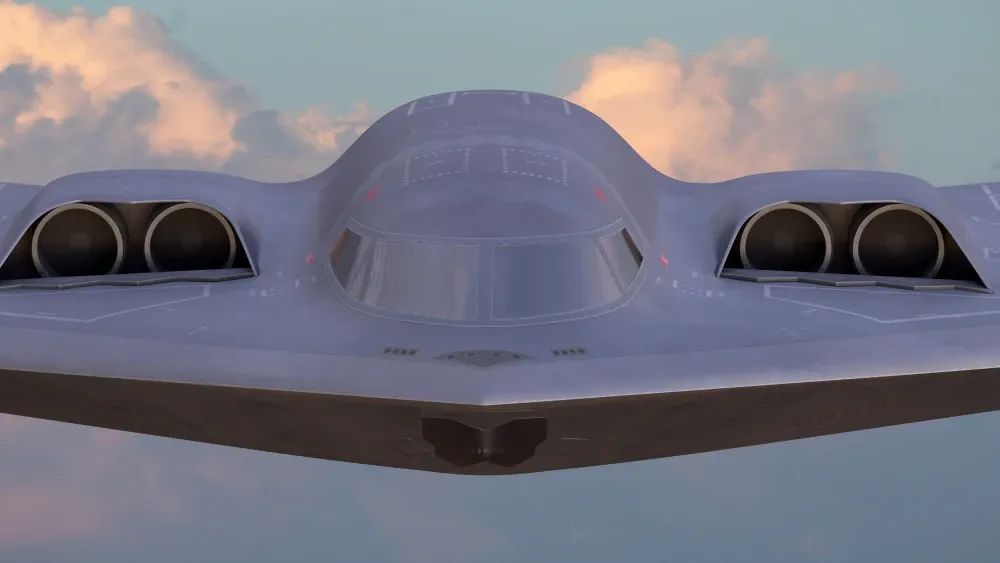 By: Saeid Golkar While the protest movement has been growing since late December, it did not emerge suddenly. Long-standing structural failures in Iran have led to deep grievances among Iranians rooted in repression, inequality, and economic insecurity. Why it matters: Protest slogans now reject the entire system, reflecting deep-rooted grievances against economic mismanagement, corruption, and repression. Strategic implications: The regime's response reveals its strategic weakness, prioritizing survival over escalation, and exposing its vulnerabilities. Historical context: Past restrained responses to U.S. actions underscore the regime's strategic constraints. With the regime's legitimacy eroded, a calibrated strike could disrupt security forces and reinforce the costs of repression, driving momentum for change from within Iran. To read the full article, click here. | | Why Iran Is Not Repeating 1979 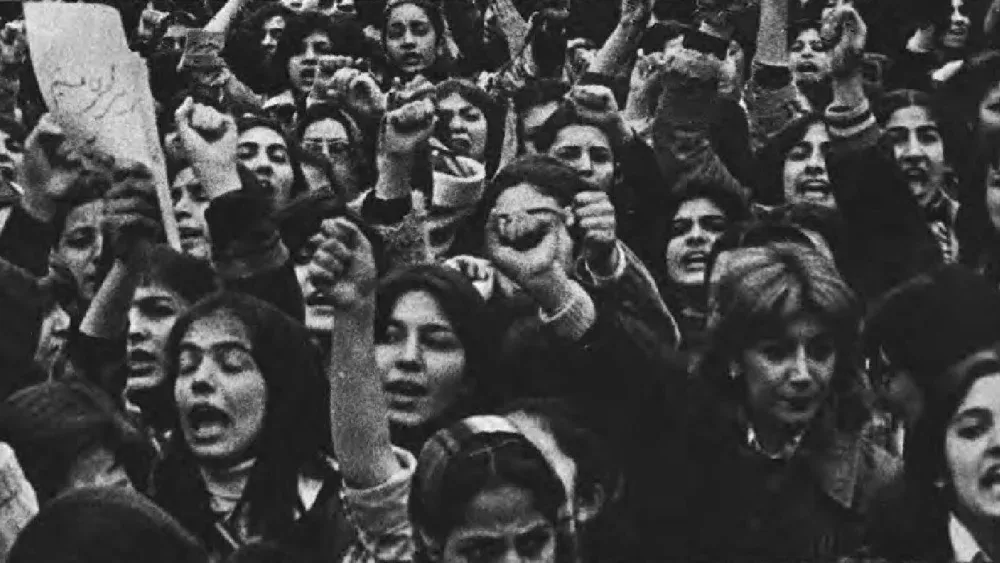 By: Saeid Golkar Iran is experiencing one of its most dangerous moments since the 1979 revolution, with sustained protests and escalating violence. Why it matters: These protests challenge the regime's legitimacy but don't replicate 1979's conditions due to a cohesive, ideologically committed security apparatus. The regime's resilience: The Islamic Republic's power is distributed across multiple loyal security forces, making elite defection unlikely without significant external shocks. Future implications: Even with potential regime collapse, Iran's modern bureaucracy and societal resistance to extremism may prevent prolonged instability seen in other post-intervention states. To read the full article, click here. | | Iran's Regime Still Looks Likely to Survive Protests but Has No Answers for Public Anger 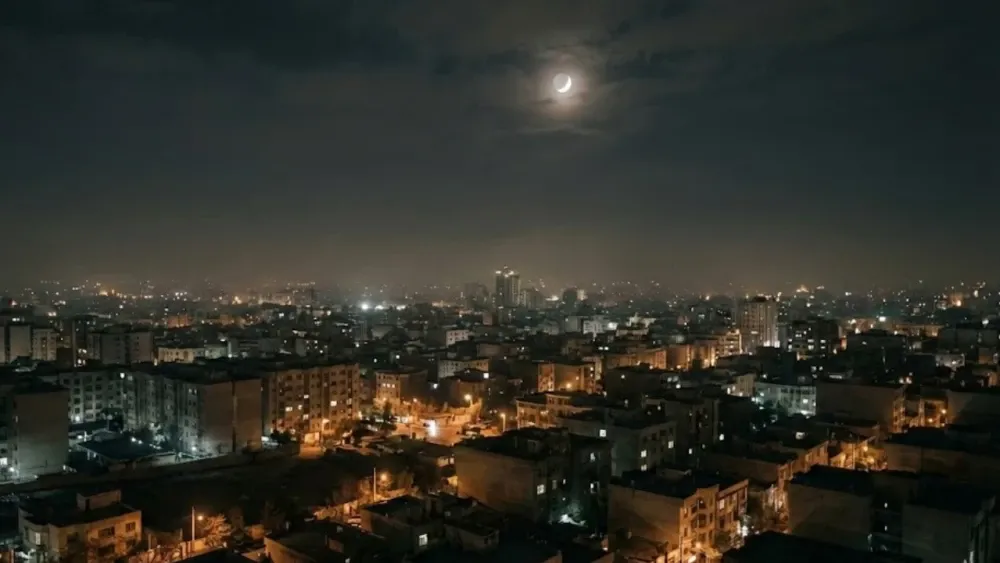 By: Lazar Berman Iran is engulfed in protests across all 31 provinces, with thousands reportedly killed and arrested as the regime faces its weakest moment since 1979. Why it matters: Unlike past protests, this wave is denser, more diverse, and marked by widespread rejection of the regime. Global implications: U.S. and Israeli involvement could influence the regime's response, as Washington signals potential action against Iran's suppression tactics. Future outlook: Even if the regime quells the current unrest, the underlying issues remain unresolved, setting the stage for future upheavals. To read the full article at the Times of Israel, click here. | | Is the World Ready for Waves of Iranian Refugees? 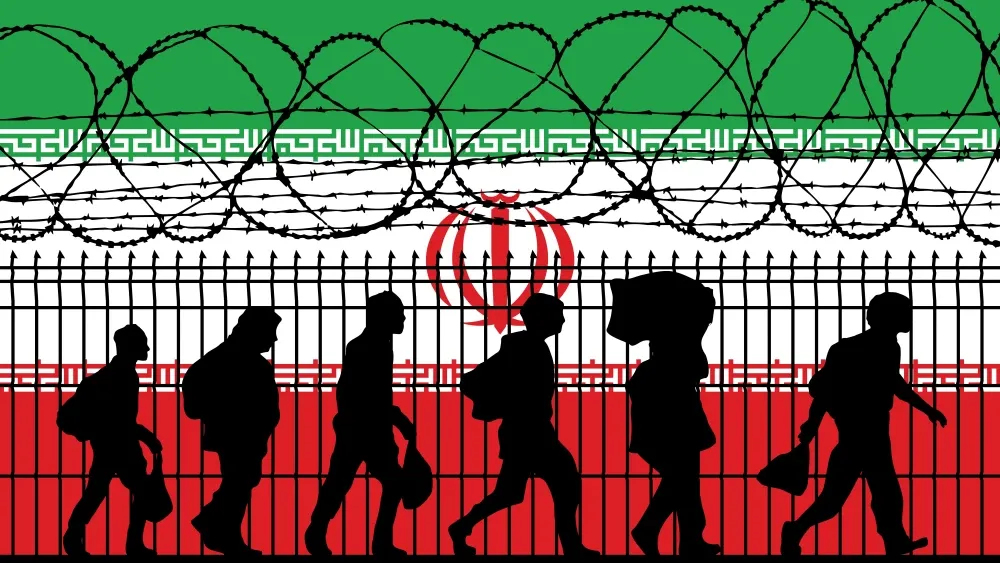 By: Michael Rubin The death toll in Iran from ongoing protests could be as high as 20,000, raising fears of a massive refugee crisis similar to Syria's. Why it matters: If Iran's regime falls or shifts tactics, millions might flee, overwhelming neighboring countries and reshaping regional dynamics. Regional impact: Iran's ethnic minorities, such as Kurds and Baluch, are likely to flee targeted repression, straining Iraq and Pakistan's capacities. International response: The United Nations High Commissioner for Refugees (UNHCR), under new leadership, faces challenges in anticipating and managing refugee flows amid declining budgets. To read the full article, click here. | | Why Arab States Are Trying to Prevent a U.S. Attack on Iran 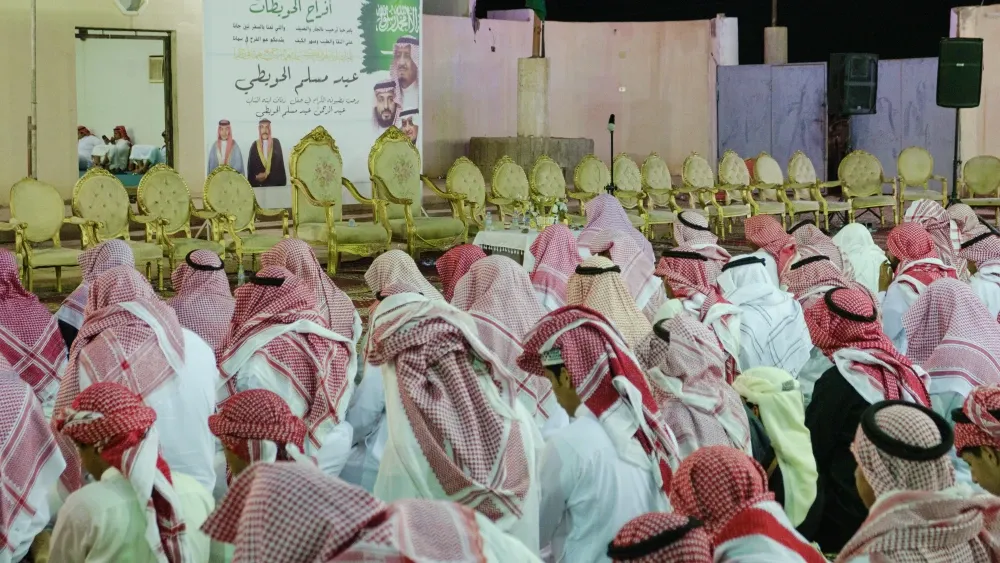 By: Dalga Khatinoglu Amid speculation of a U.S. military strike on Iran following the killing of protesters, Saudi Arabia, Qatar, and Oman lobby Washington to avoid escalation. Why it matters: These Gulf states fear regional chaos, prioritizing uninterrupted oil exports over intervention. Oil dynamics: Iran's 166 million barrels of floating storage near China could offset disruptions, but Gulf states risk severe impacts from any Gulf conflict. Broader tensions: While Arab Gulf states benefit from U.S. economic pressure on Iran, many Iranians resent perceived Arab efforts to block U.S. action. To read the full article, click here. | | Why Isn't Turkey Supporting the Iranian Protestors? 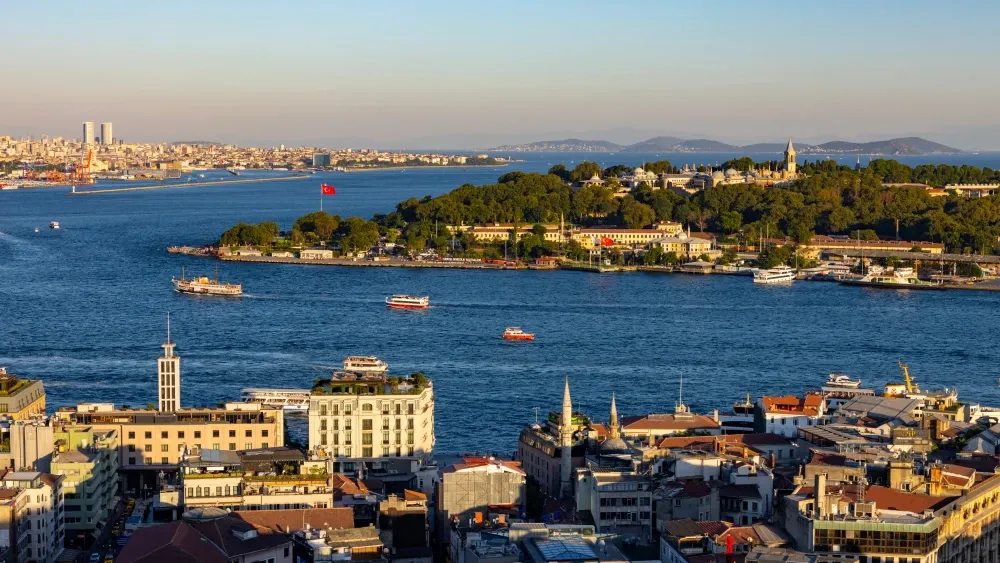 By: Umud Shokri Iran's severe unrest poses a direct strategic threat to Turkey, which shares a long border with its neighbor. Why it matters: The economic collapse and escalating protests call for regime change, threatening regional stability and potentially increasing refugee flows into Turkey. Turkey's position: Despite internal concerns, Ankara refuses to back Iranian protesters, fearing a refugee surge and proxy conflicts in Iraq and Syria. Strategic concerns: Economic ties and energy dependence on Iran influence Turkey's cautious approach. Turkey, therefore, defends the status quo, judging authoritarian stability next door to be safer than revolutionary uncertainty. To read the full article, click here. | | | | | During this tumultuous period of Iranian history, we are grateful that you turn to the Middle East Forum for insightful analysis. Please pass along this issue of the Dispatch, and let us know your thoughts on it via the comments feature. Sincerely, Winfield Myers
Managing Editor, Middle East Forum
Director, Campus Watch | | | | Was this edition useful?  

Your email will be recorded and shared with the sender |        MEF, an activist think tank, deals with the Middle East, Islamism, U.S. foreign policy, and related topics, urging bold measures to protect Americans and their allies. Pursuing its goals via intellectual and operational means, the Forum recurrently has policy ideas adopted by the U.S. government.
Copyright © 2025 Middle East Forum, All rights reserved.
Our mailing address is:
Middle East Forum
1650 Market Street, Suite 3600
Philadelphia, PA 19103 | | | | | Powered by 
| | This email was sent by Middle East Forum via Axios HQ | | | |